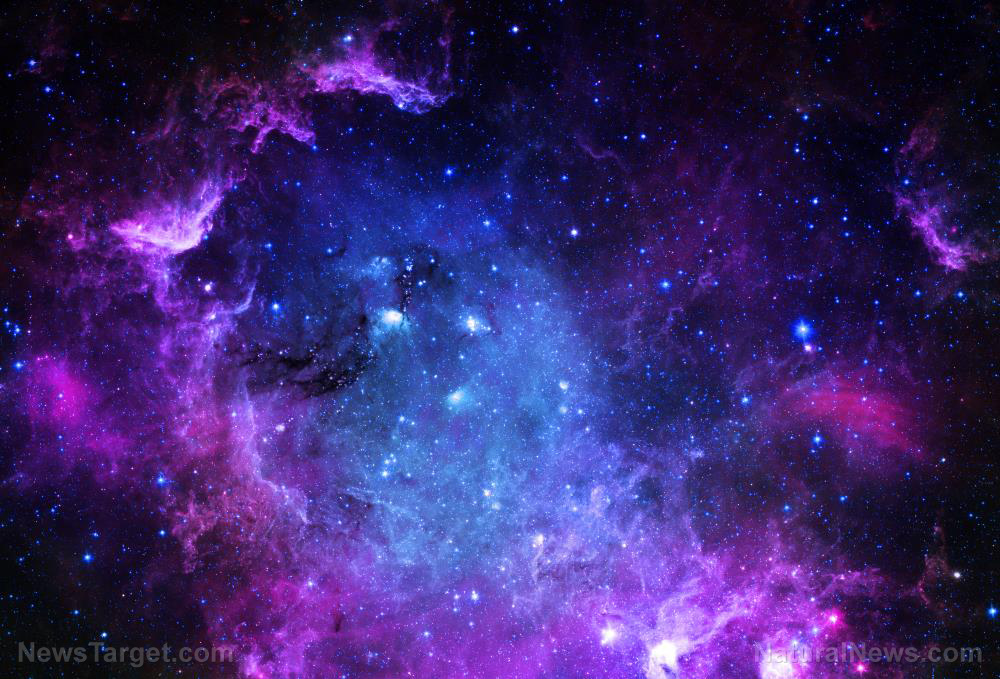
Astronomers have found an additional 39 ancient and massive galaxies lurking in secluded corners of the universe. The galaxies were found hiding around 11.5 billion light-years away, in a part of the universe where the light is so old that it’s invisible to many telescopes.
The Hubble Space Telescope is built to see in ultraviolet, visible and near-infrared light. As they are speeding away from the Milky Way Galaxy, however, these galaxies emit a light that is stretched out into longer and much redder “submillimeter” wavelengths invisible to the Hubble.
Based on the findings, the researchers are beginning to question whether the galaxies that many astronomers focus on, the ones that are motionless enough relative to Earth that the Hubble can detect their light, are not the norm. They argue that there may be plenty more galaxies out there that can only be observed by telescopes that can properly detect the submillimeter wavelength light that they emit. (Related: Astronomers detect the earliest example of a “galactic merger”: The two galaxies spotted crashed together 13 BILLION YEARS ago.)
“This raises the question of the true abundance of massive galaxies and the star-formation-rate density in the early universe,” wrote the researchers in the journal Nature.
Researchers able to find galaxies in places where none had been seen before
While previous studies have been able to detect massive galaxies from the beginning of the universe, the researchers from the University of Tokyo’s Institute of Astronomy (IoA), had to use different telescopes to conduct their research. Instead of the Hubble, they instead turned to two telescopes in Chile: the Atacama Large Millimeter/submillimeter Array (ALMA) and the Very Large Telescope (VLT).
Thanks to the ALMA’s “sharp eyes,” as Tao Wang, lead author and IoA astronomer put it, they were able to find details of the galaxies they were looking for. Afterward, they looked through VLT, where they were able to prove beyond a shadow of a doubt that there were at least 39 ancient and massive galaxies in parts of the night sky where none had been seen before.
“This is the first time that such a large population of massive galaxies was confirmed during the first two billion years of the 13.7-billion-year life of the universe,” said Wang.
Discovery has massive implications for future studies
The IoA team’s findings have implications for future astronomical studies. They believe that the discovery of a high abundance of massive galaxies formed during the early days of the universe challenges the mainstream understanding of how massive galaxies are formed.
While scientists have long suspected the existence of these massive galaxies, many existing models of galaxy formation believe there would be fewer of them. Now, scientists have to redo their calculations and refine their models to account for Wang and his team’s new data.
In addition, it’s a common understanding that the larger a galaxy is, the larger the supermassive black hole at the very center of it will be. Future studies into the nature of these ancient and massive galaxies may be able to reveal more about how supermassive black holes evolve. This, in turn, can teach astronomers much about how galaxies are structured and distributed throughout the universe.
Learn more about the latest space-related research at Space.news.
Sources include:
Please contact us for more information.















